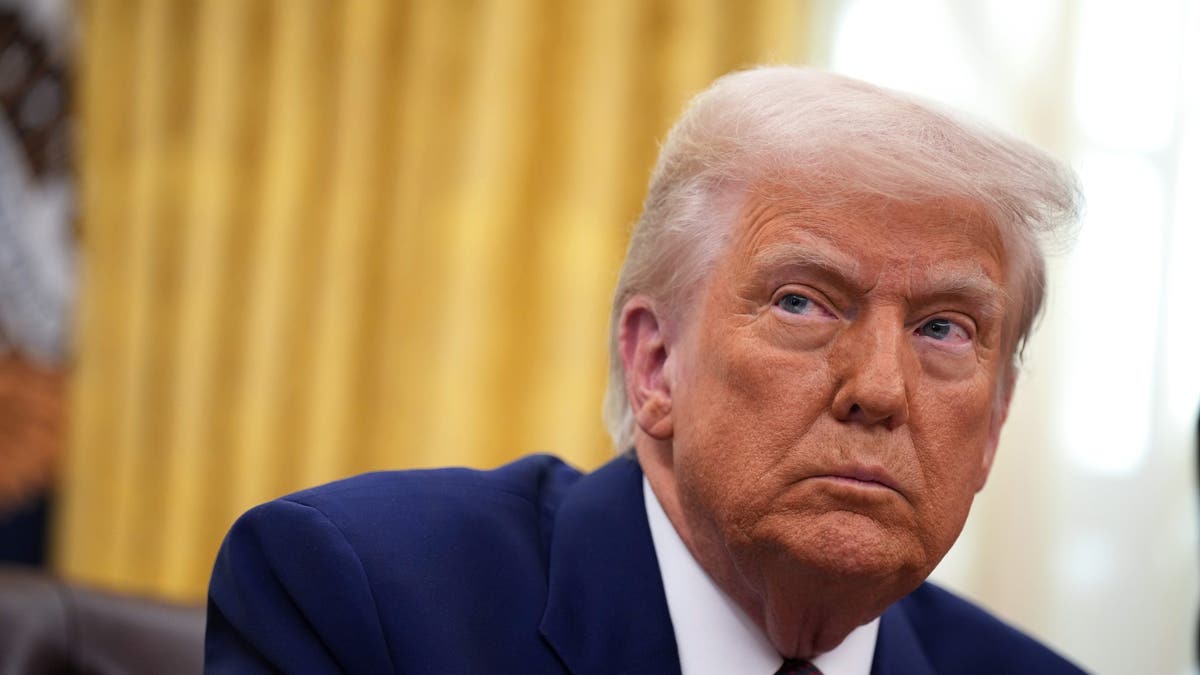Share this @internewscast.com
Canada is bracing for the impact of President Donald Trump’s increasing trade war, with economists cautioning about rising grocery prices, significant job losses, and even a possible recession should the proposed U.S. tariffs be implemented.
The United States is Canada’s largest trading partner, making up nearly two-thirds of Canadian imports and receiving over 70% of its exports. However, with Trump’s newly announced “liberation day” tariffs – 25% on Canadian goods and 10% on energy – Ottawa now anticipates an economic hit that could affect key provinces, industries, and the national election campaign.
Trump has repeatedly blasted what he calls “unfair” trade practices, citing Canada’s trade imbalance with the U.S. to justify the sweeping tariffs.
“This is the beginning of liberation day in America,” Trump stated last week. “We’re going to charge countries for conducting business in our country and for taking our jobs, taking our wealth, taking a lot of things that they’ve been taking over the years. They’ve taken so much out of our country, friend and foe. And, frankly, a friend has been oftentimes much worse than a foe.”
But Trump is banking on the U.S. being less severely affected than nations like Canada.
The full impact of the tariff war with Canada remains uncertain as Washington has also imposed steep tariffs on the European Union, China and Mexico. Trump has pledged to target the “Dirty 15,” which are countries he accuses of contributing most to the U.S. trade deficit.
Cambodia, India, Indonesia, Japan, Malaysia, South Africa, South Korea, Switzerland, Taiwan, Thailand and Vietnam are expected to be among those next targeted in Trump’s April 2 tariff announcement, which he has dubbed “liberation day.”
Details on what Trump’s next steps in his tariff war with Canada and dozens of other nations remain unknown ahead of the April 2 deadline, which has created a sense of uncertainty, Hale said.
“Last week’s Bureau of Economic Analysis Reports signaled a continued high core personal consumption expenditure PC inflation at 2.8%. So inflation, one could argue, is not coming down, and certainly price levels continue to rise,” he said. “Consumer spending has slowed sharply in both Canada and the United States.”

President Donald Trump delivers remarks after signing an executive order on reciprocal tariffs in the Oval Office on Feb. 13, 2025. (Andrew Harnik/Getty Images)
“Businesses want certainty. They can’t make future investment decisions in this climate,” he added, noting that while a recession could be on the horizon in Canada, there are too many variables to make a prediction on the U.S. at this time.
“What I do know is that businesses and banks, people who are investing in projects, want to be able to plan,” Hale said. “Hopefully, we’ll have a clear idea [on Tuesday] where this is all going to land, and then we can work with it.”
















